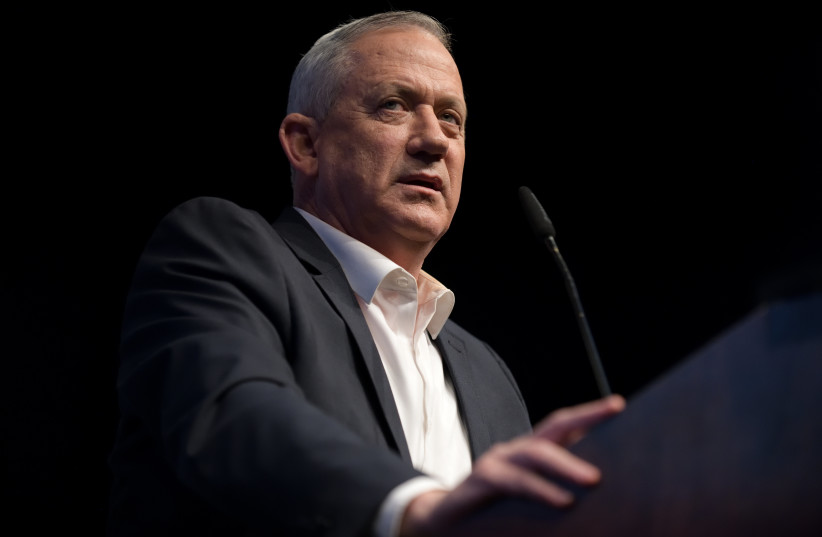Israel never received any response from international agencies and organizations after the country issued numerous offers of aid to Lebanon, The Jerusalem Post has learned.
Since the devastating explosion of Beirut’s port in the summer of 2020 and the ongoing financial crisis, Jerusalem has offered aid to Beirut multiple times including to the Lebanese Armed Forces.
Due to the long-standing enmity between the two sides, Lebanon was expected to reject the aid, but Jerusalem never heard back even after follow-up offers by Israel to quietly provide aid through a third country.
Lebanon’s economic meltdown, one of the world’s worst since the 1850s, has driven an estimated four million families into poverty in the last two years, unable to afford basic necessities like food or medical care.

According to the United Nations Economic and Social Commission for Western Asia, the poverty rate in Lebanon has nearly doubled from 42% in 2019 to 82% in 2021.
Ongoing fuel shortages continue to trigger rolling blackouts across the country, despite Hezbollah’s efforts to truck in millions of gallons of US sanctioned Iranian diesel.
Lebanon has been grappling with what the World Bank calls a “deliberate depression orchestrated by the country’s elite” that “has come to threaten the country’s long-term stability and social peace.”
“The collapse is occurring in a highly unstable geo-political environment making the urgency of addressing the dire crisis even more pressing,” the World Bank said.
Israel’s Defense Minister Benny Gantz also publicly stated that Israel has offered aid four times in the past year.
Gantz, who made the comments earlier this month at a conference hosted by the Institute for National Security Studies, said that Israel also offered to help the Lebanese Armed Forces (LAF) to enable them to “face the strengthening of Hezbollah with Iran’s support.”
The LAF is experiencing a shortage of basic supplies and has lost more than 5,000 soldiers due to desertion because of the crisis.
Gantz said that Lebanese citizens are not Israel’s enemy and if Israel could help, then it should as it prefers to have a stable northern neighbor rather than “an island of instability.”
It wasn’t only aid to the LAF that Israel has offered, but basic food goods for the everyday Lebanese citizen such as milk which is also lacking due to the crisis.
According to an April report in The National News, the food insecurity in Lebanon has led retailers to hoard products such as baby formula, therefore raising prices of one box of formula to over 85,000 Lebanese pounds (more than $55).
The cost of sunflower oil has also seen a 1,169 percent increase between 2019 and 2021.
While Lebanon’s food crisis is not a recent development, the World Food Programme has estimated that food prices have gone up by 628 percent in just two years because of the country’s economic meltdown.
Last July, Gantz announced that he offered to send aid through UNIFIL, saying that “Israel has offered to help Lebanon in the past, and today as well, we are prepared to work to help it grow and get out of this crisis,” he said.
Following the explosion in Beirut’s port that killed over 200 people, injured countless others and devastated the capital already reeling from the economic crisis, former prime minister Benjamin Netanyahu approved humanitarian and medical assistance to Lebanon and instructed the National Security Council to contact former UN special envoy for the Middle East peace process Nickolay Mladenov to find out how Israel could help.
Gantz and other Israeli officials reiterated Israel’s aid offer at the time and hospitals in Haifa and northern Israel said that they were ready to provide assistance, but Lebanon refused it.
